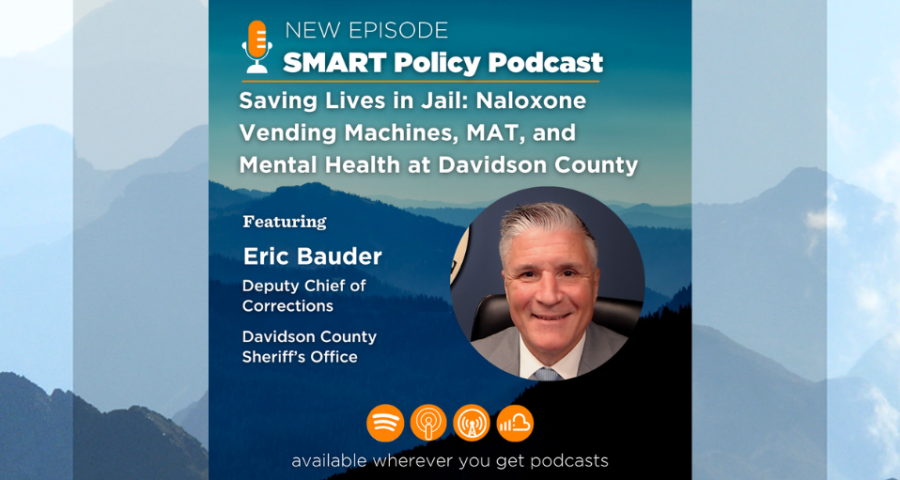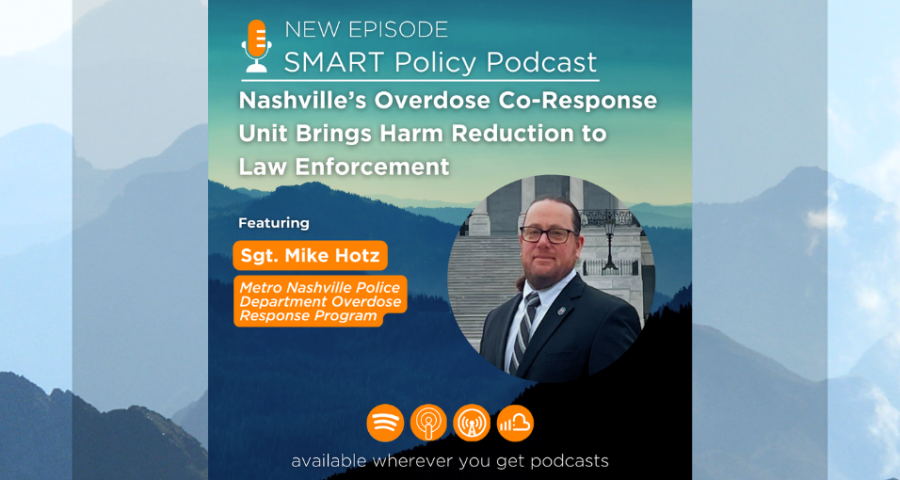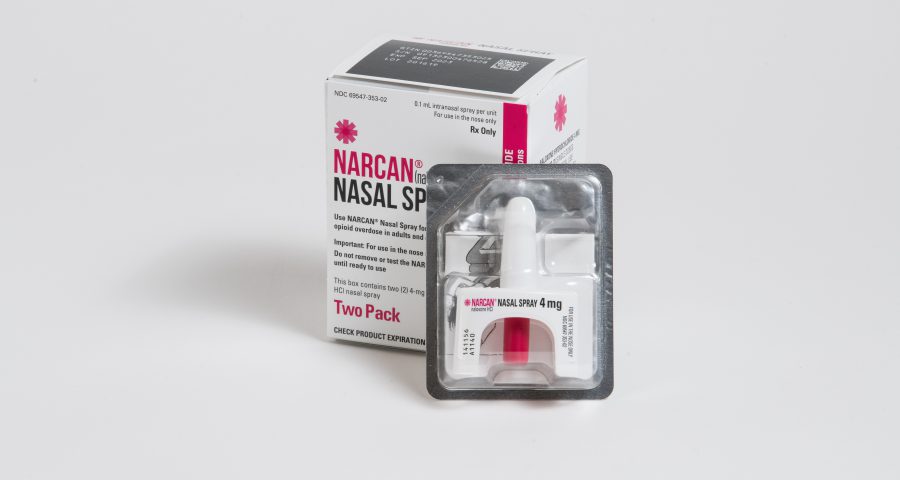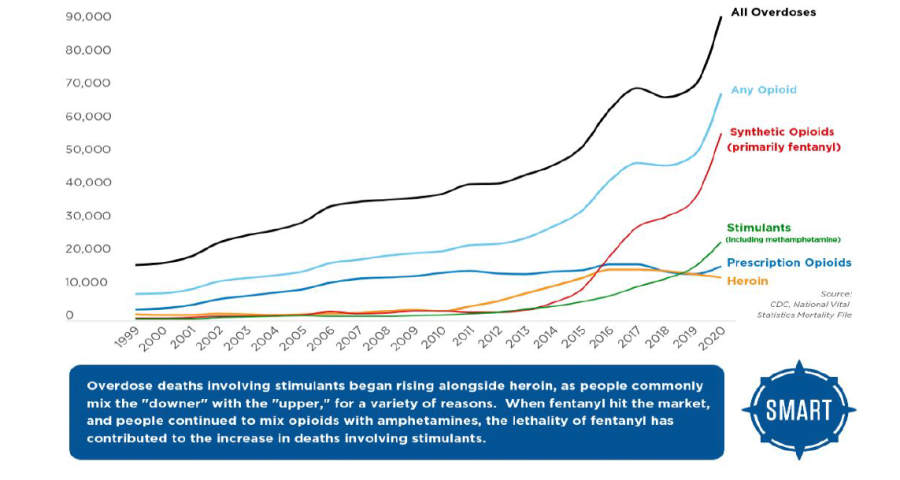Click here to listen on Spotify As we’ve discussed many times on this show, the criminal justice system has long since become the primary point of contact for substance use disorder, especially in Tennessee. My guest this month is Eric Bauder, Deputy Chief of Corrections for the Davidson County Sheriff’s
(Podcast) Saving Lives in Jail: Naloxone Vending Machines, MAT, and Mental Health at Davidson County






